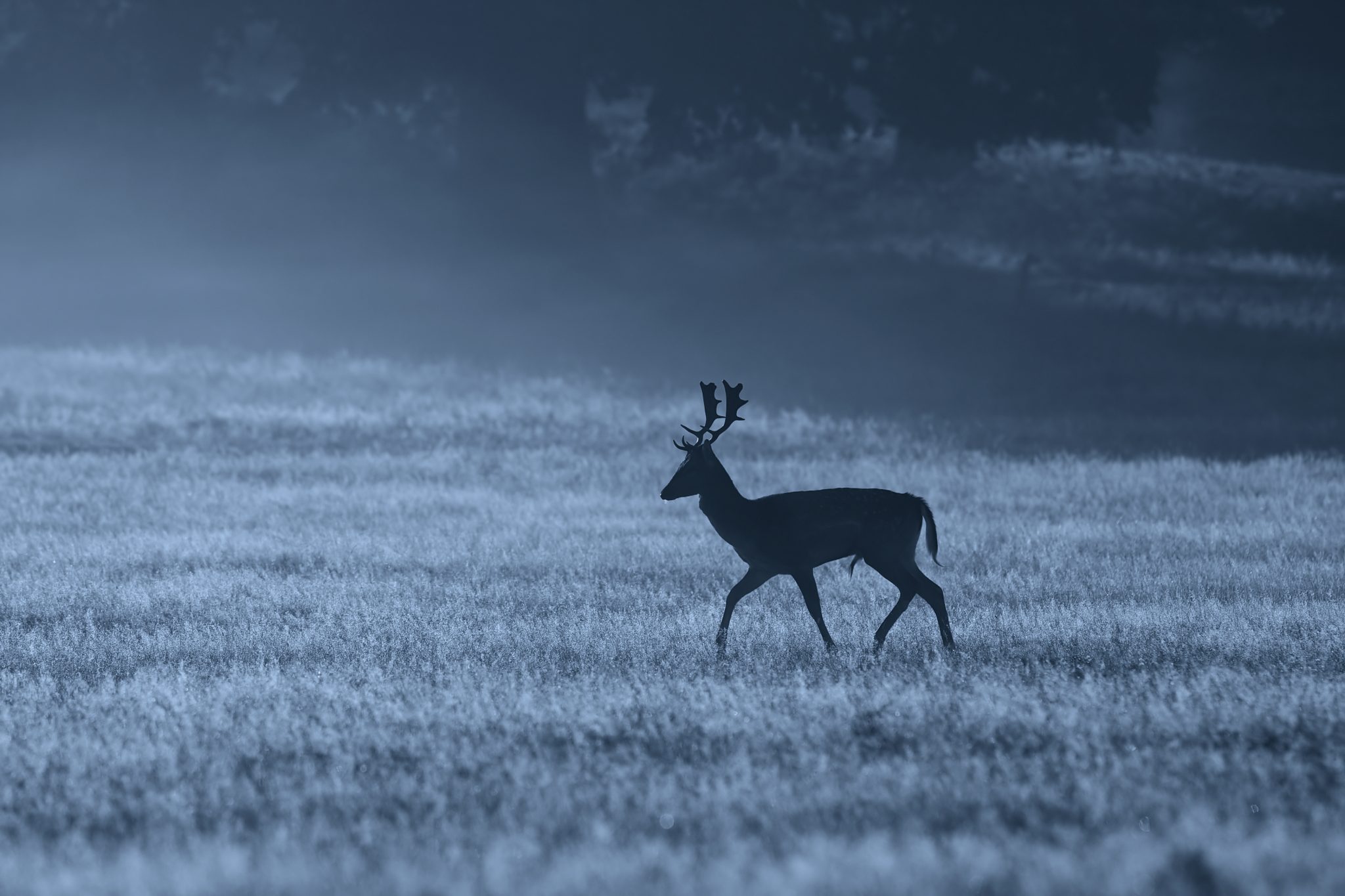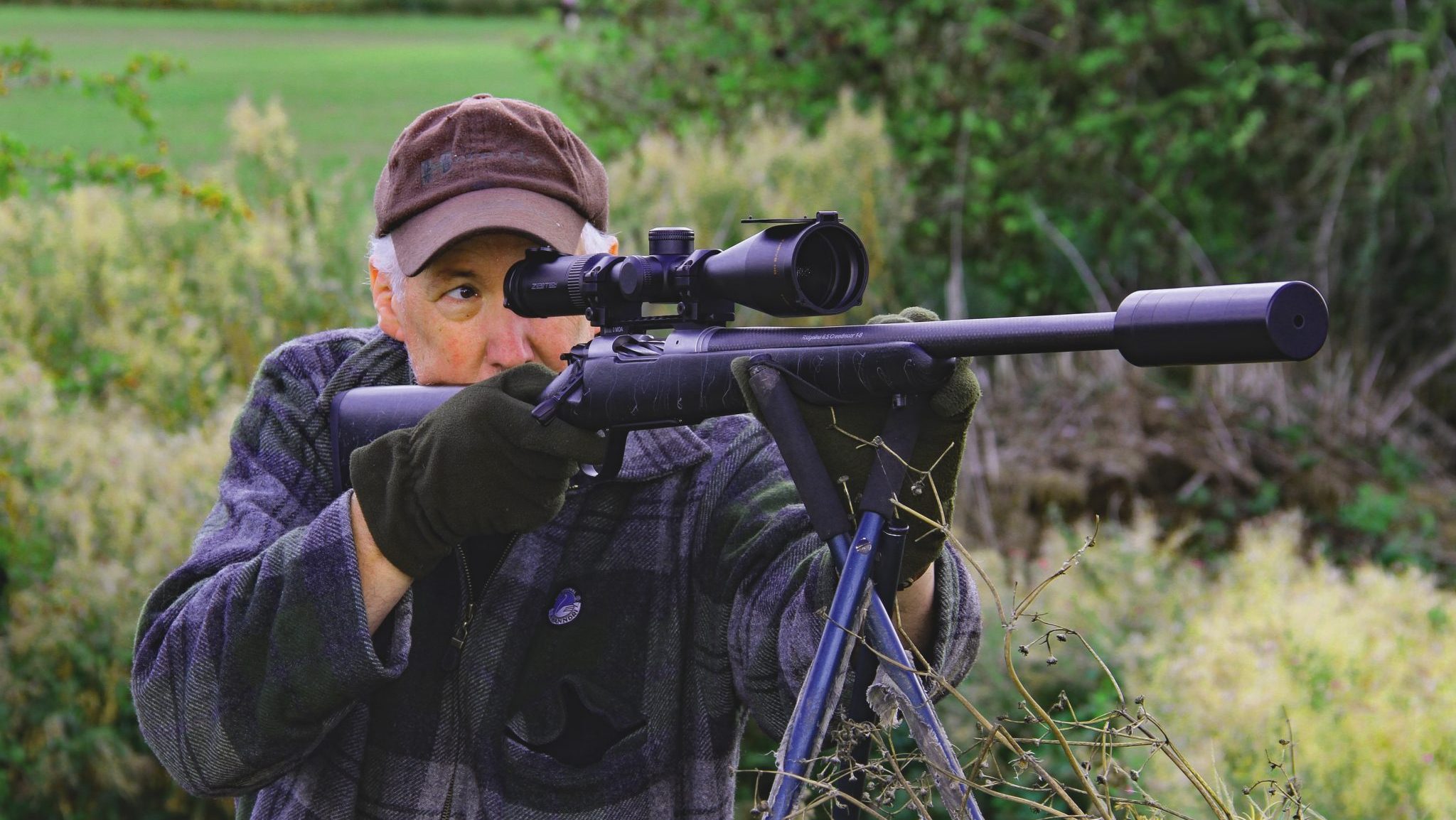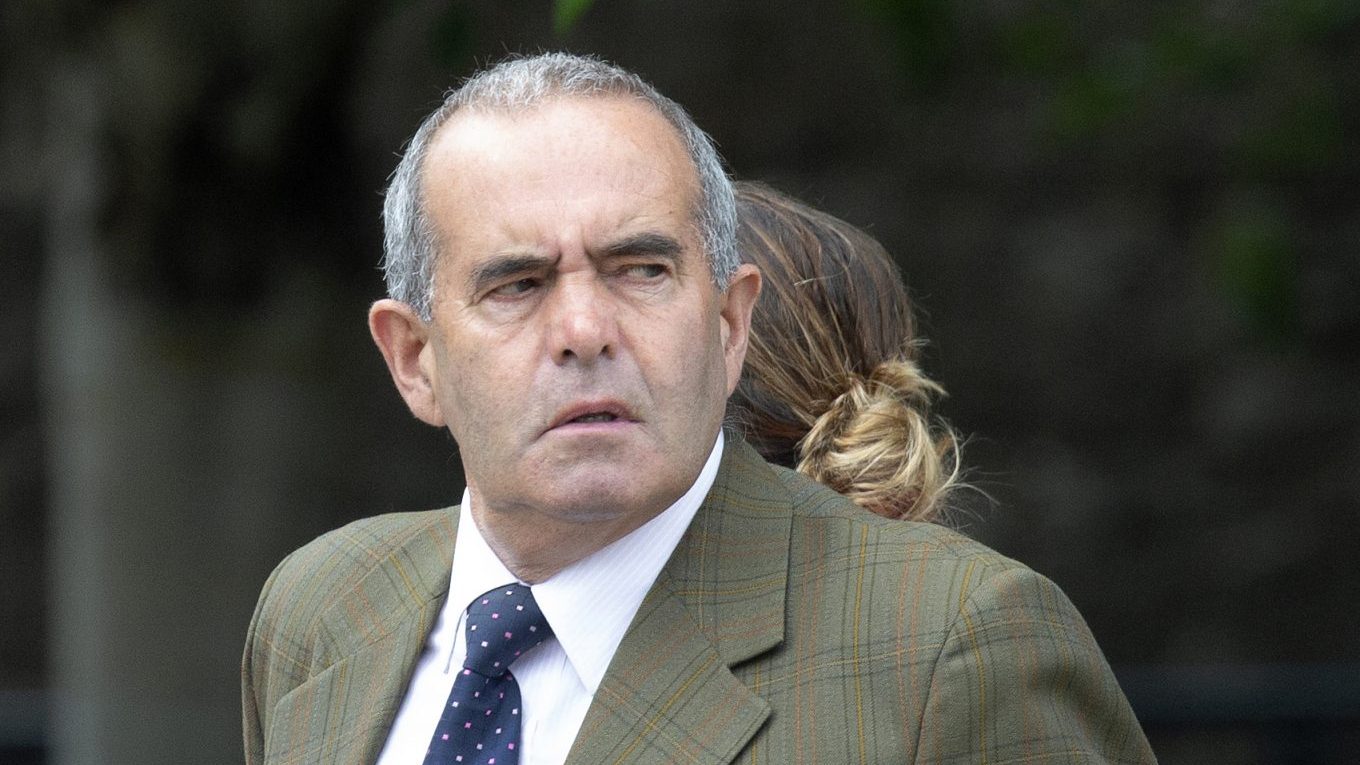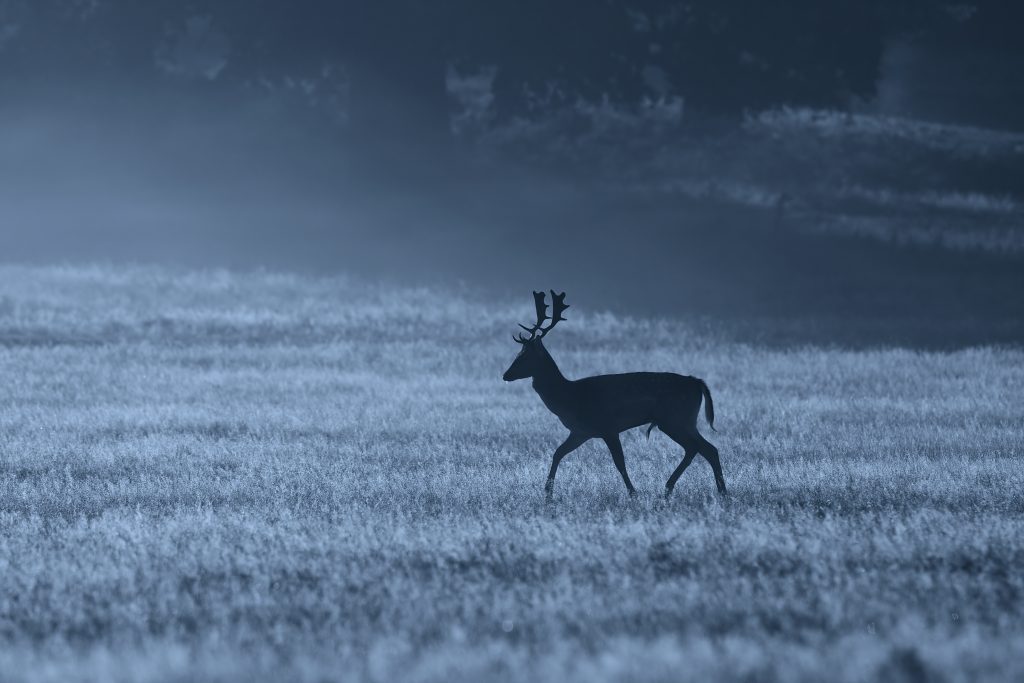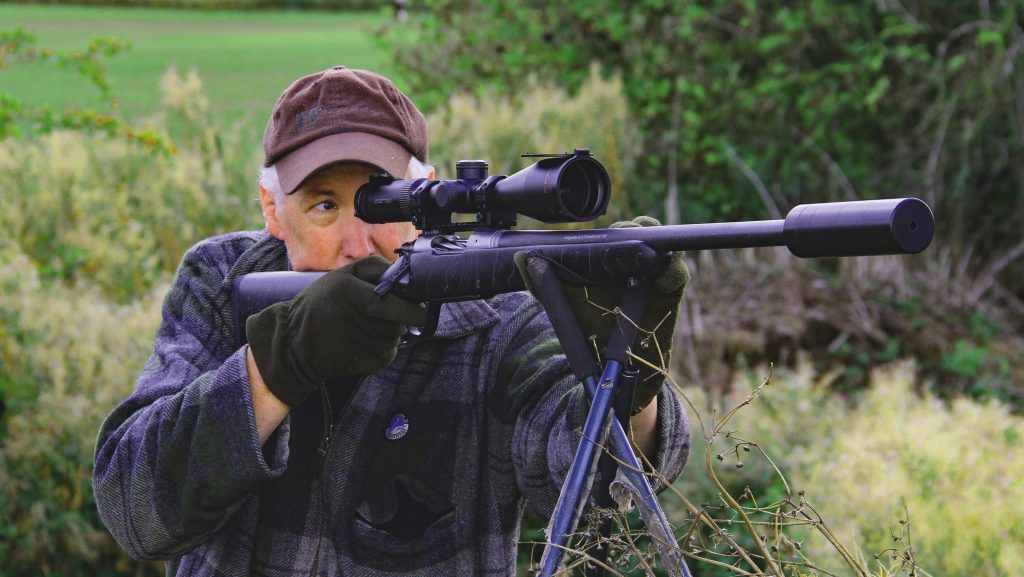★ Win a Schöffel Country shooting coat for everyone in your syndicate worth up to £6,000! Enter here ★
Attacks on keepers occur every 12 days
New crime statistics reveal the true scale of violence facing Britain’s rural conservation workers, prompting an appeal from the Moorland Association
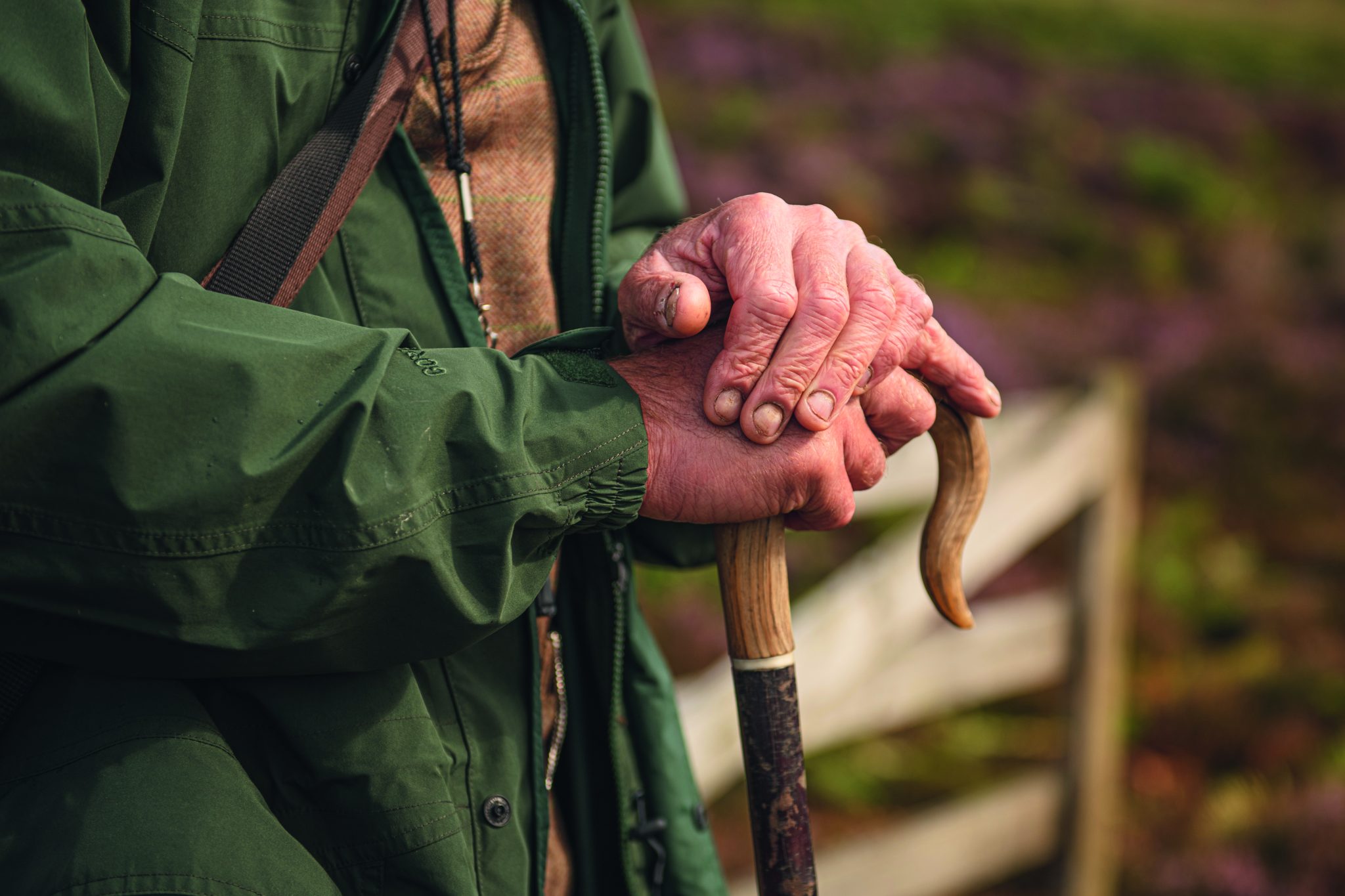
The Moorland Association has launched an appeal for anecdotal evidence of abuse against gamekeepers as new crime statistics reveal the true scale of violence facing Britain’s rural conservation workers.
Previously unreported figures from The Grouse Moor Gamekeeper in England in the Twenty-First Century report, commissioned by the Regional Moorland Groups and National Gamekeepers’ Organisation (NGO), show an upland gamekeeper is physically assaulted on average every 12 days.
Unsurprisingly, 33 keepers reported suffering from mental health issues directly linked to such abuse and intimidation. The Peak District has emerged as a particular flashpoint, accounting for nearly nine in 10 threats and almost two-thirds of physical assaults. This reflects intense public pressure in heavily populated areas where millions of visitors converge annually.
Daily challenges
Beyond personal attacks, keepers face a relentless stream of rural crime, from vehicle theft to livestock worrying, often becoming first responders where police resources are stretched thinly. The abuse extends to confrontations over routine conservation work, from asking dog walkers to use leads during nesting season to preventing dangerous campfires that could devastate thousands of acres.
The statistics reveal the grim reality behind seemingly simple requests: gamekeepers asked visitors to extinguish potentially catastrophic fires over 2,300 times in a single year, while also confronting illegal activities including drug dealing and organised poaching.
Moorland Association takes a stand
Andrew Gilruth, chief executive of the Moorland Association, said: “Imagine being assaulted for protecting wildlife, threatened for stopping wildfires and insulted for saving ground-nesting birds. That’s the daily reality for our moorland gamekeepers. Much of this hostility is being stirred up deliberately by organisations whose relentless rhetoric paints hardworking keepers as villains. We will not be cowed; we will not apologise for doing the right thing.”
The persecution occurs despite gamekeepers’ vital conservation role. The study shows more than half the UK’s curlew and two in five lapwings depend on grouse moors, while keepers help rescue lost walkers, provide first aid, and assist stranded motorists almost daily.
Abuse of gamekeepers is “totally unacceptable,” says GWT chief
Helen Benson, CEO of the Gamekeepers’ Welfare Trust (GWT), added: “The Gamekeepers’ Welfare Trust frequently receives calls from gamekeepers and their families who have been abused and physically assaulted throughout the UK. The impact on families as well as individuals on their physical and mental health is totally unacceptable.”
The Moorland Association urges gamekeepers to share experiences, promising anonymity while compiling evidence of this crisis. Such evidence could bolster campaigns for improved protection from government and police forces. As the evidence mounts, the question becomes not whether action is needed, but when it will come.
Did you like this article? Read more news from Shooting UK, or subscribe to Shooting Times & Country magazine.
Related Articles
Get the latest news delivered direct to your door
Subscribe to Shooting Times & Country
Discover the ultimate companion for field sports enthusiasts with Shooting Times & Country Magazine, the UK’s leading weekly publication that has been at the forefront of shooting culture since 1882. Subscribers gain access to expert tips, comprehensive gear reviews, seasonal advice and a vibrant community of like-minded shooters.
Save on shop price when you subscribe with weekly issues featuring in-depth articles on gundog training, exclusive member offers and access to the digital back issue library. A Shooting Times & Country subscription is more than a magazine, don’t just read about the countryside; immerse yourself in its most authoritative and engaging publication.



